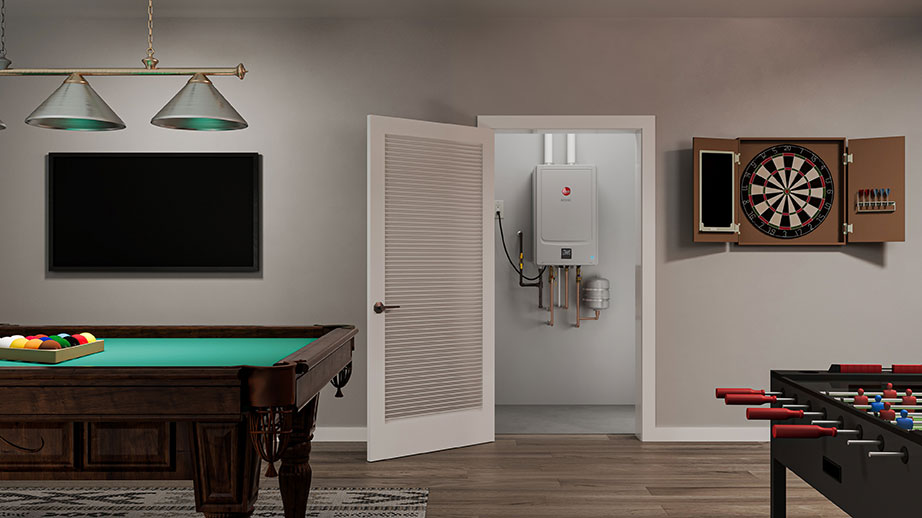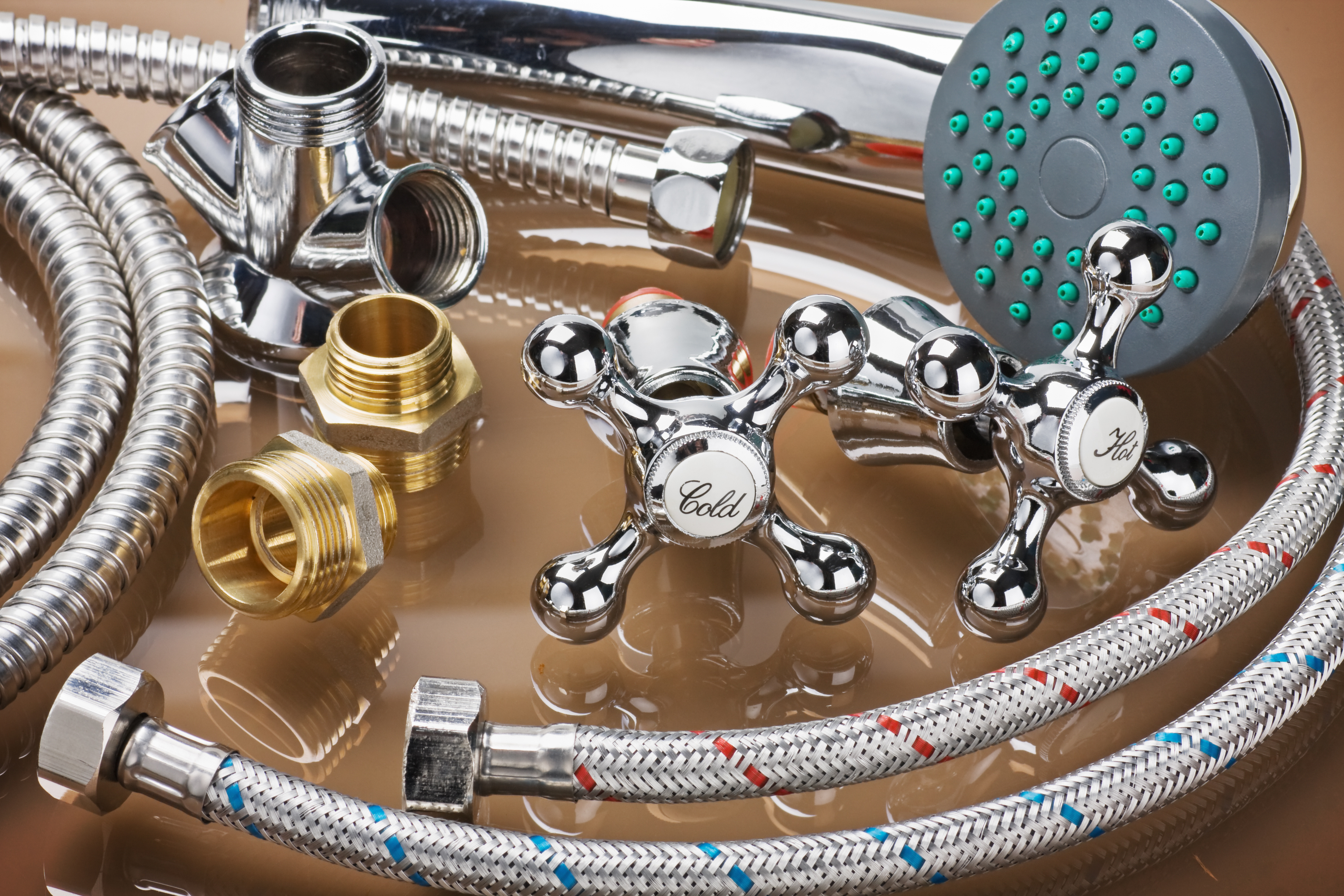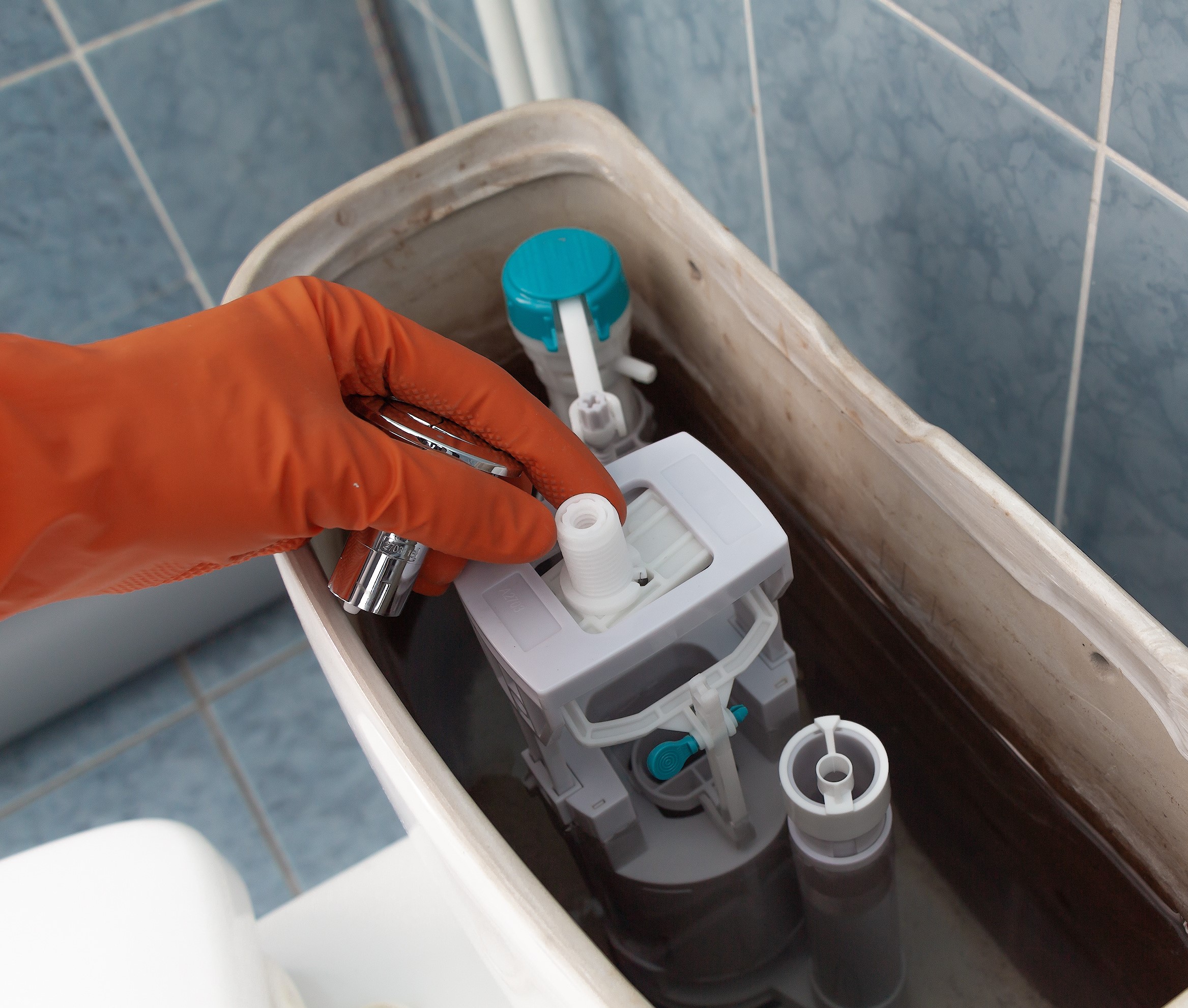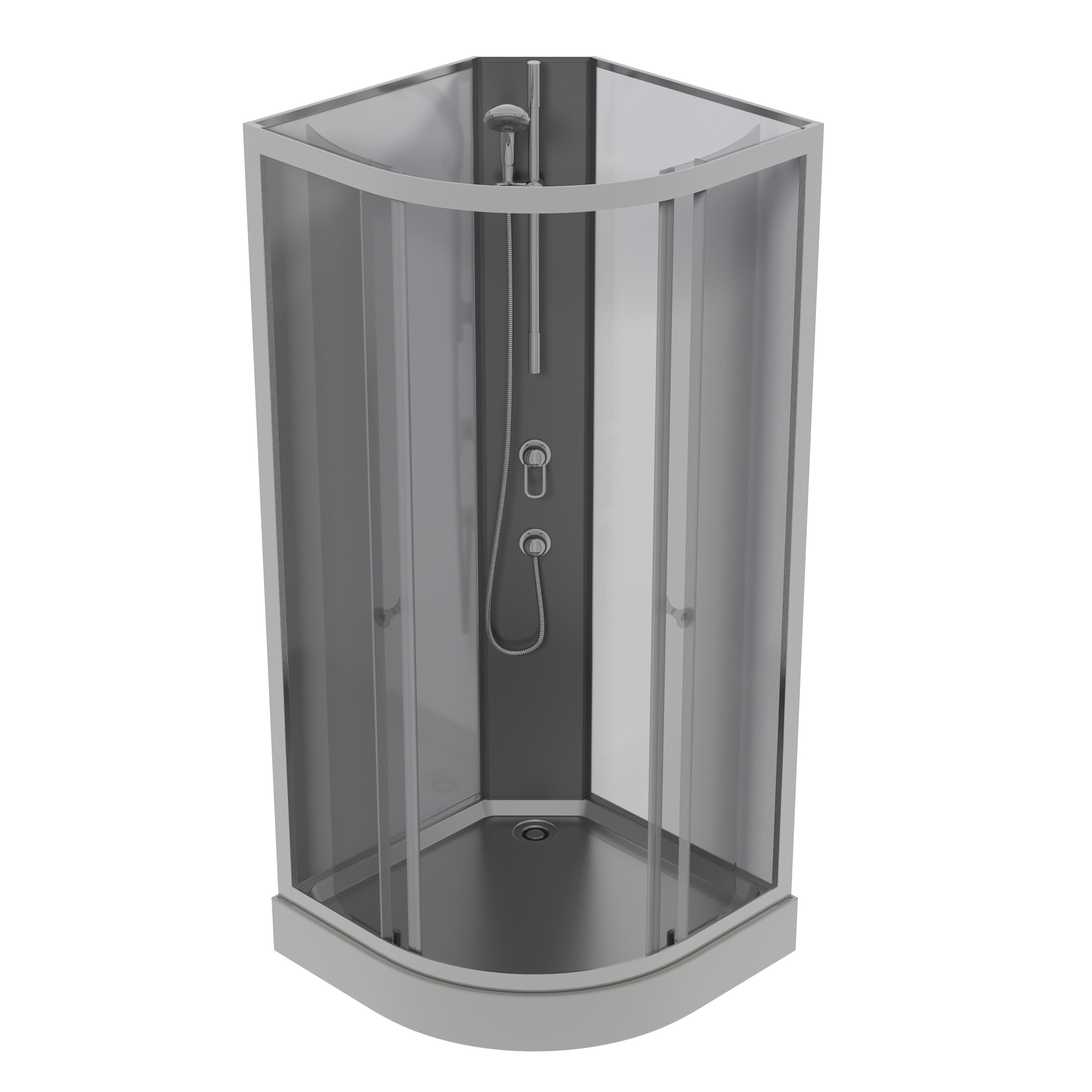
Tankless Water Heaters

Tankless Water Heaters: A Comprehensive Guide
In the realm of heating solutions, tankless water heaters have emerged as a revolutionary alternative to traditional storage tank models. With the rise in environmental awareness and a shift towards energy conservation, more and more homeowners, property managers, and even contractors are considering tankless water heaters for their properties. However, like any other product, these systems have their own set of pros and cons. As a contractor, property manager, or DIY homeowner, it's essential to fully understand what these systems offer before making a decision. This article will provide a comprehensive overview of tankless water heaters, their costs, benefits, and downsides, to help guide your choice.
A tankless water heater operates on an on-demand basis, using a heat exchanger to increase the temperature of cold water once the tap is turned on. This differs from a tank water heater, which stores and continuously heats water. The real question is, how do tankless water heaters work to offer advantages over their traditional counterparts?
Firstly, tankless water heaters, especially gas tankless water heaters and electric tankless water heaters, are generally more energy-efficient than storage tanks. Many models are also EnergyStar rated, adding to their green credentials. Over the long run, these efficiencies can result in significant savings on energy bills.
However, the upfront cost of a tankless water heater, including installation, can be higher. The average cost to install a tankless water heater can range between $2,500 to $3,500,depending on factors like location and unit size. But despite the initial investment, they often prove cost-effective in the long run due to lower operating costs.
One of the significant advantages of a tankless water heater is that you're unlikely to run out of hot water, as they heat water only when needed. This continuous flow of hot water makes tankless systems ideal for families, particularly larger households. For example, for a family of 4, a medium to large-sized tankless water heater would typically be sufficient.
Various types of tankless water heaters are available, including electric, natural gas, and condensing models. Each has its own set of benefits and downsides. For instance, while gas tankless water heaters typically offer higher flow rates, electric models are easier to install and maintain, making them a popular choice among DIY homeowners.
So, are tankless water heaters worth it? The answer largely depends on your specific requirements and resources. If you're seeking to reduce energy consumption, appreciate the convenience of continuous hot water, and don't mind the higher upfront costs, then a tankless system might be the right fit for you.
On the other hand, there are a few downsides to consider. Tankless systems can be more complex to install and require regular maintenance to ensure efficient operation. Additionally, they may require larger gas lines, special venting, or additional circuits, which could incur further costs.
Despite these potential drawbacks, many find the switch to be beneficial. The life expectancy of tankless water heaters typically surpasses traditional models, often lasting up to 20 years with proper maintenance. Moreover, they occupy less space, which could be a significant advantage for those with smaller properties.
Tankless water heaters may not be as popular as traditional tank models due to their higher upfront costs and more intricate installation requirements. However, the potential long-term savings, energy efficiency, and convenience factor make them an attractive option for many.
In conclusion, as a contractor, property manager or DIY homeowner, it's crucial to weigh the pros and cons while considering a tankless water heater. With companies likeplumbingsupplyandmore.com offering a range of options, it's easier than ever to find a model that meets your specific needs and preferences.






